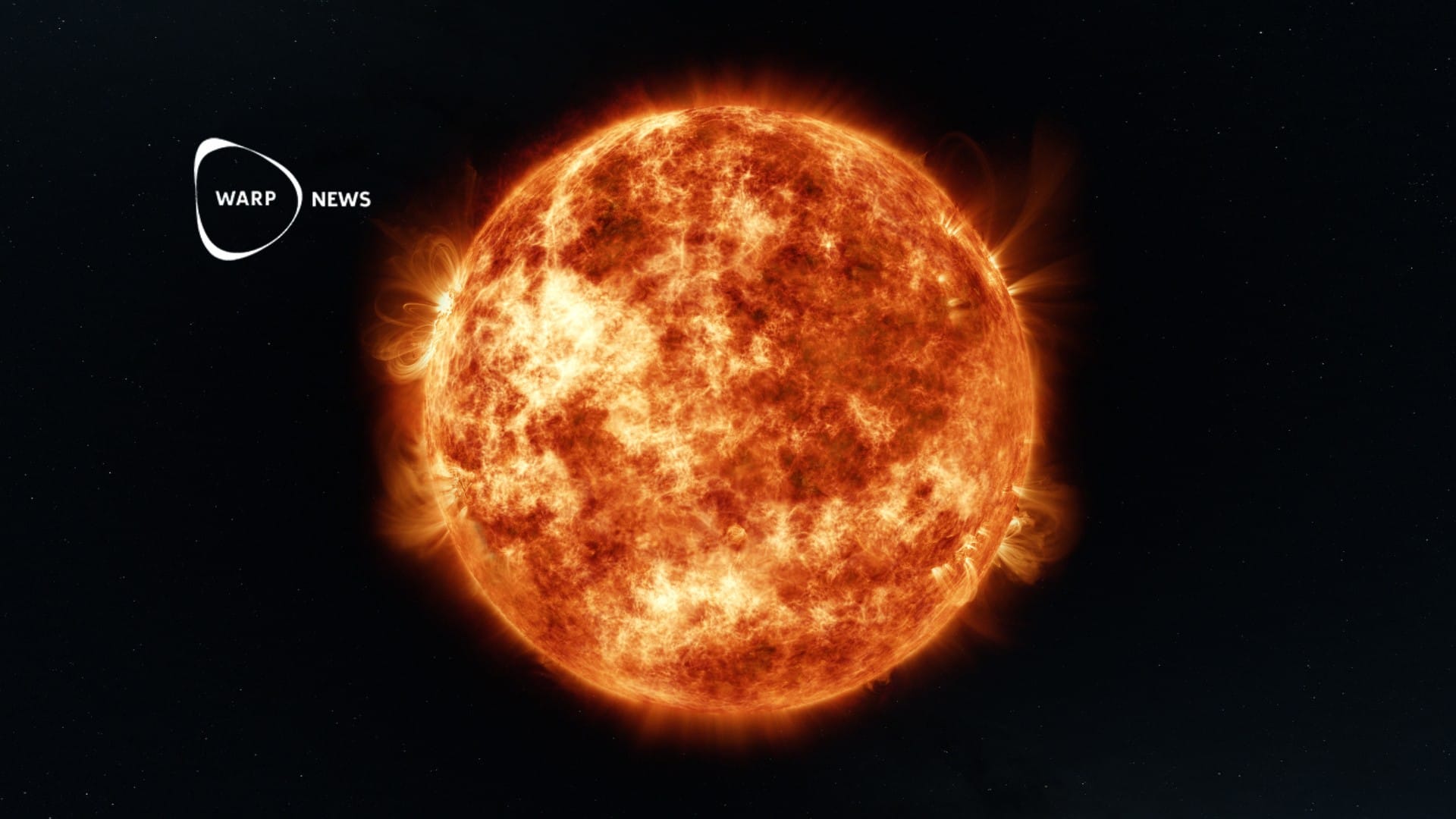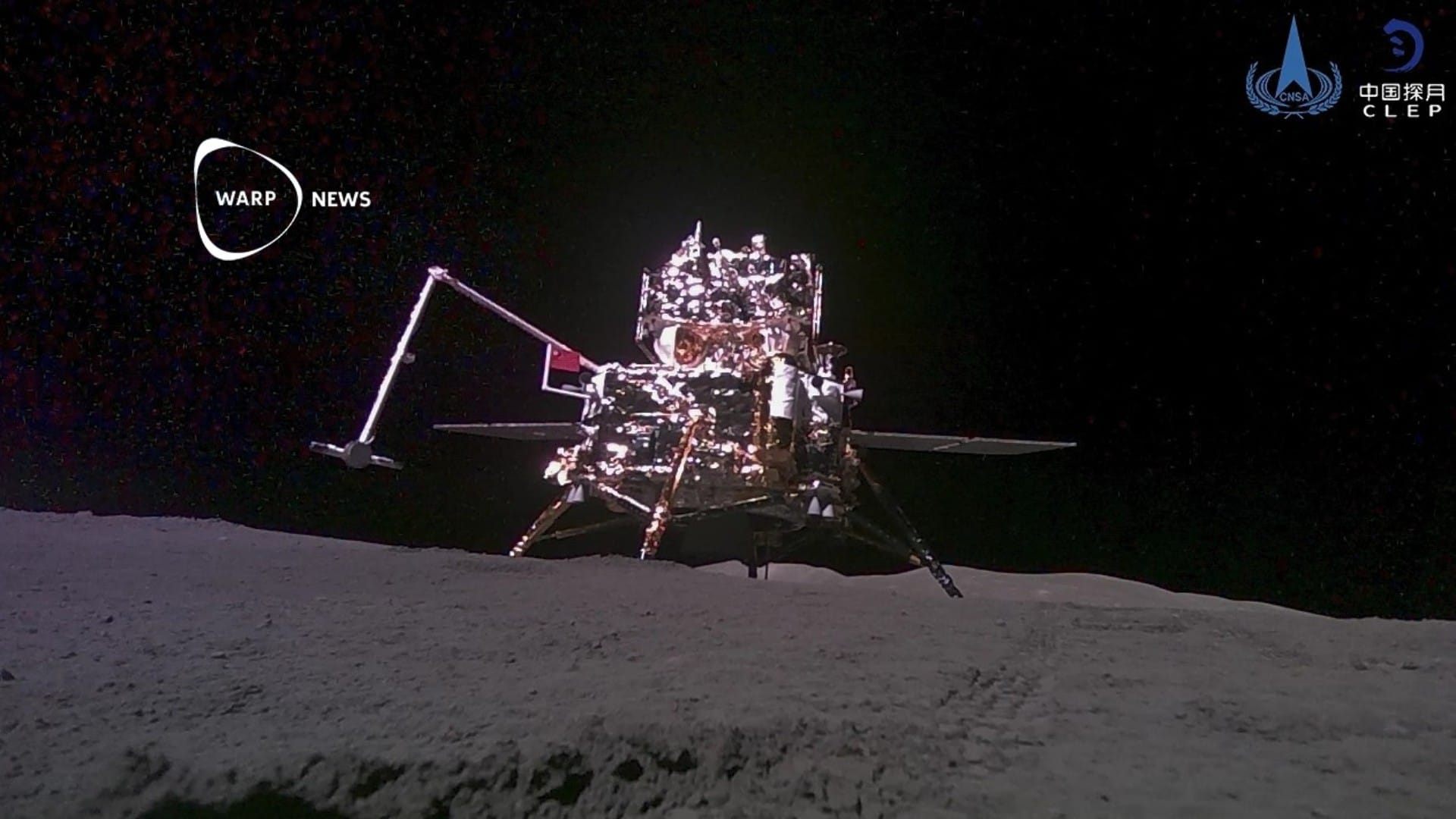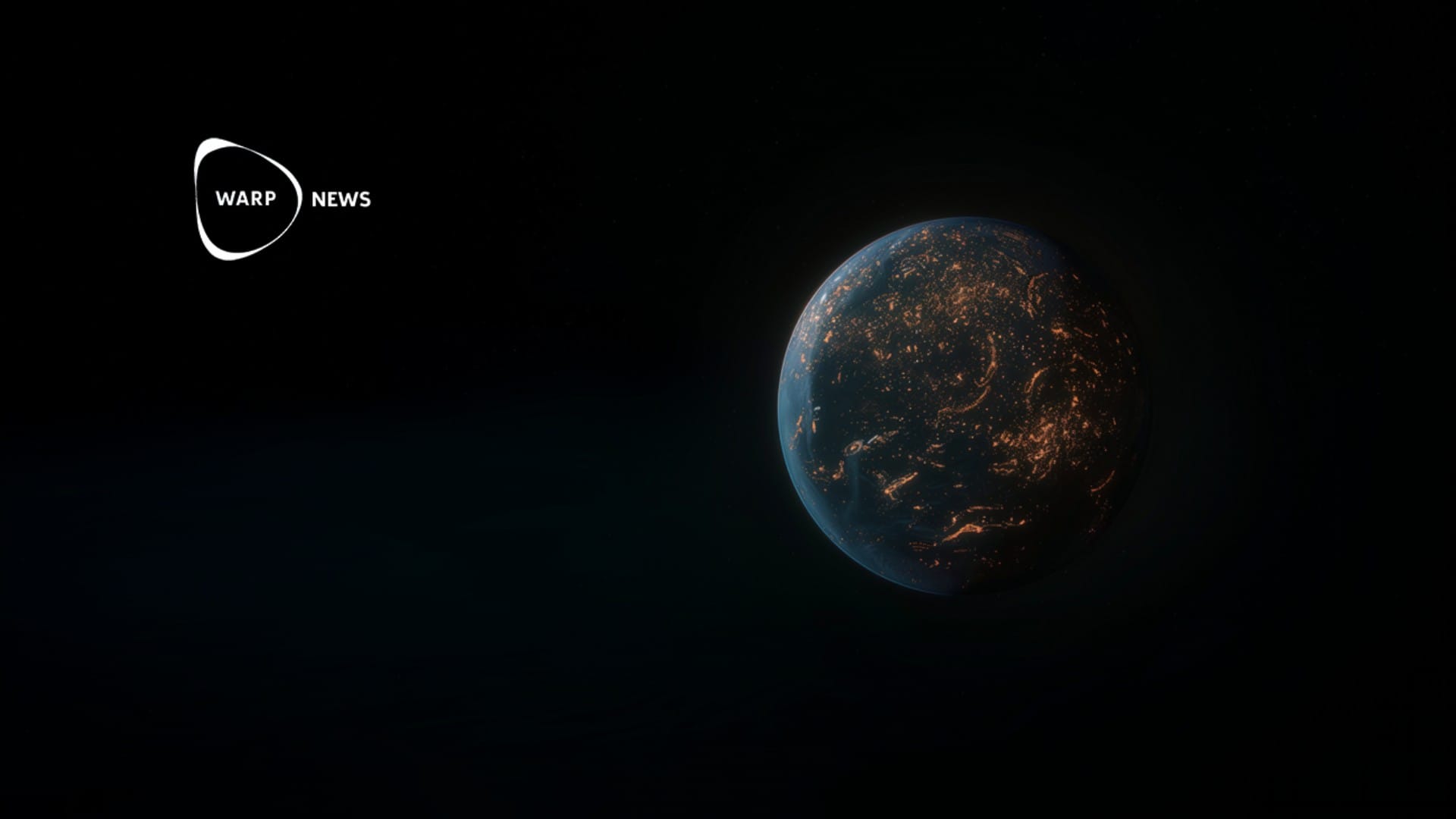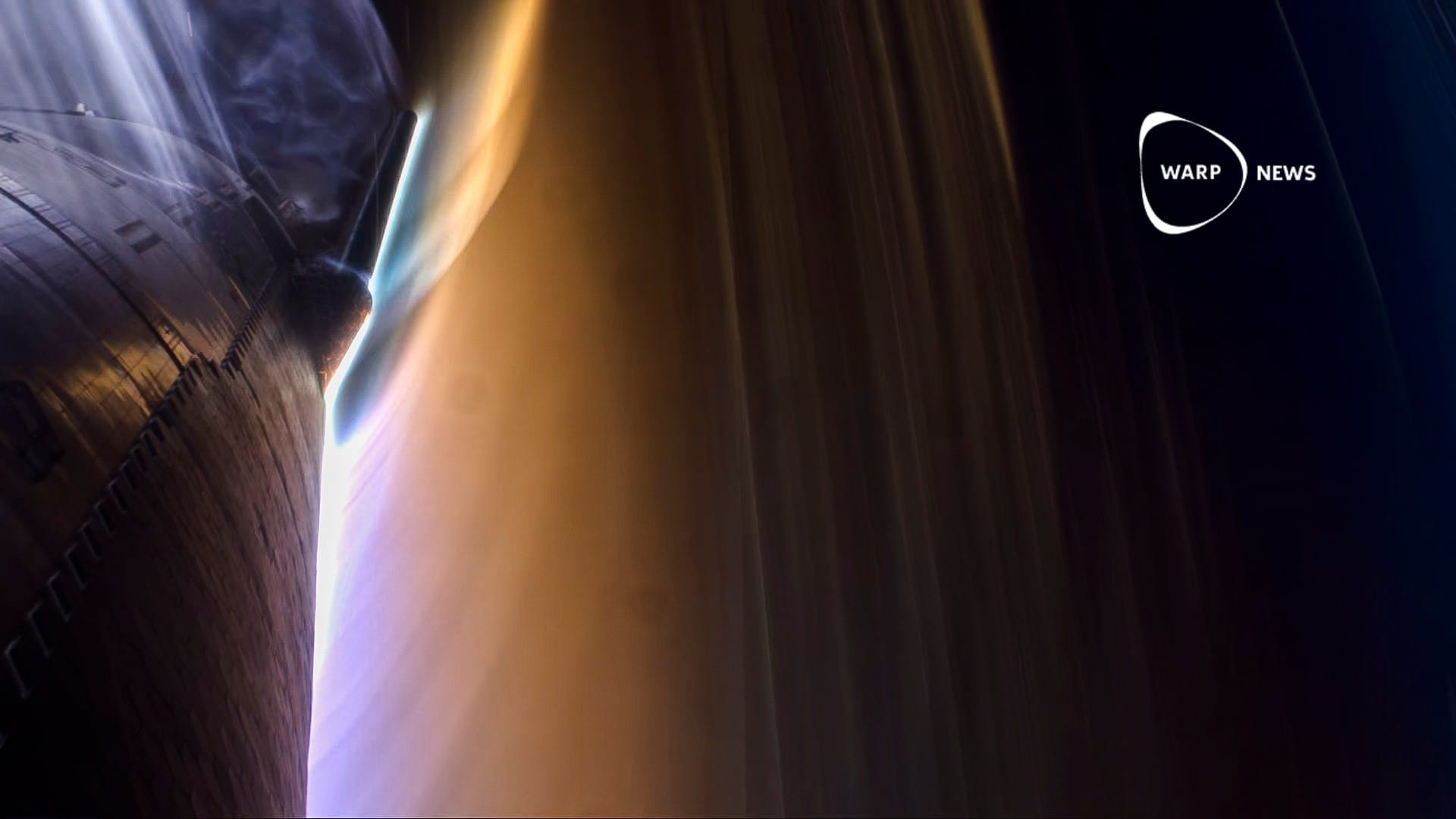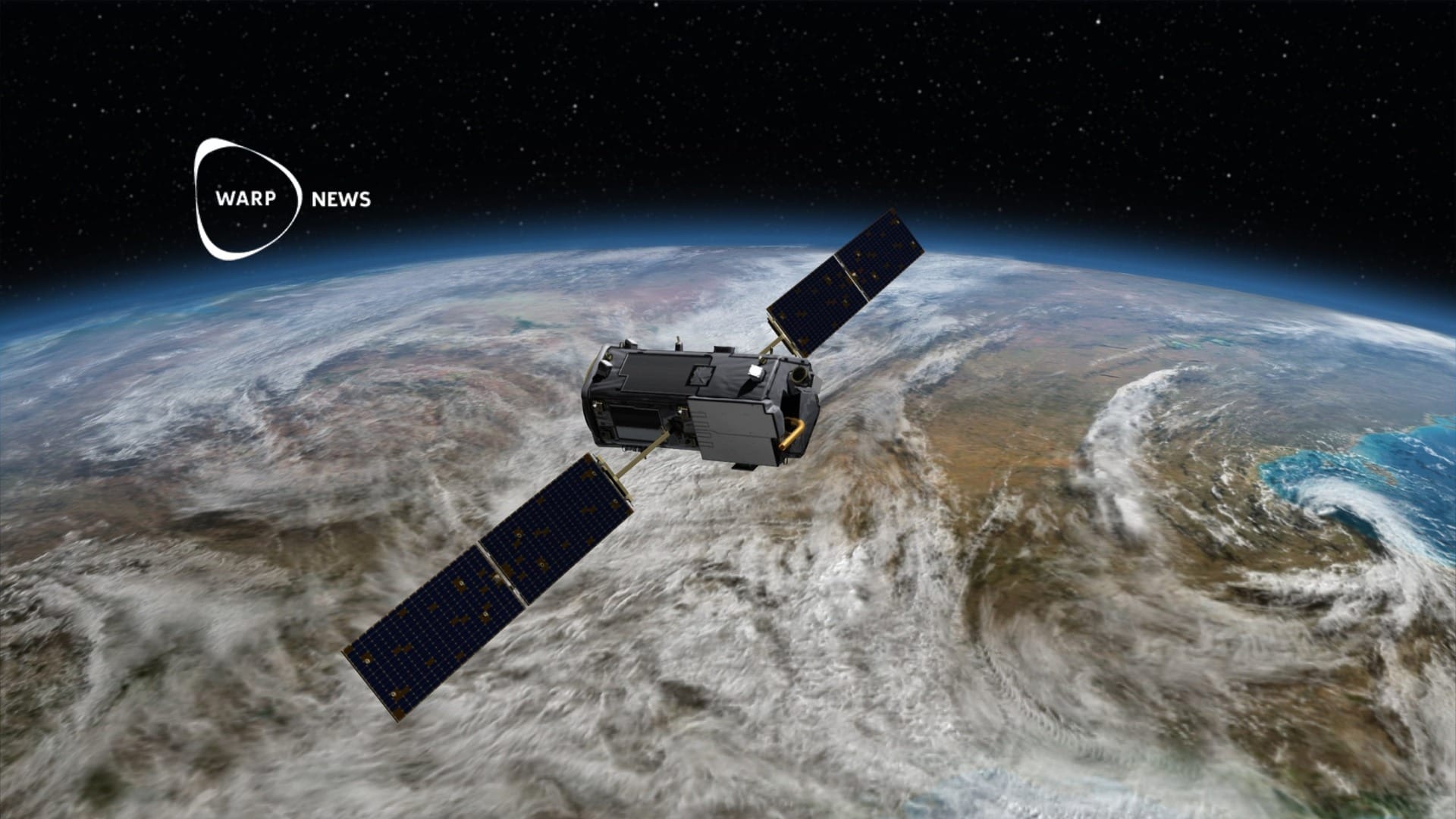We want humanity to become a spacefaring civilization.
Big names like Elon Musk, Jeff Bezos, and Richard Branson are pioneering humanity's future in space.
But there are many smaller projects that are contributing to the mission in a big way.
You are invited to get behind the scenes and follow them from the garage to Mars.
Help them succeed by giving your insights, sharing their news, and becoming an early adopter.
SPECIAL OFFER
If you join Premium Supporter now you will be invited to meeting future Mars explorers and Pythom Space co-founders Tina and Tom Sjögren and Porkchop CEO and co-founder Matija Milenovic.
One year of Premium Supporter for only $25 (regular price $100).
What is Premium Supporter?
Optimist's Edge
The difference between what people believe and the facts.
Would you have liked to have understood Tesla in 2015?
Because of negative headlines and a pessimistic world-view, people miss important trends.
We do surveys of what people believe and compare that with the facts, giving you unique insights.
Every week you’ll get a new insight in a short and accessible format.
Bridge to the impact
startups
Discover the next impact unicorns before everyone else.
Meet the founders and visit the companies. Test their products and give them feedback. Support them and help them succeed.
You’ll be invited to founder meetings and company visits.
Community
The future is created by optimists.
A global community of fact-based optimists.
Here you’ll find the people that you can create a positive future with together.
Support
Spreading fact-based optimism to all of humanity.
Support the Warp Institute Foundation in making the future come sooner.
Help Warp News to spread fact-based optimistic news and insights.
Your Premium Supporter membership supports our mission.
One example of the Optimist's Edge
💡 Optimist’s Edge: Should we fix Earth before going to space?

61 percent believe we should 'fix Earth' before we go to space.
That is wrong.
Optimist's Edge:
We need space to fix Earth.
Without satellites it will be much harder and more expansive to fight climate change, save coral reefs and help people during natural disasters.
But our facts show that satellites can help us understand Earth better by providing vital information in many different areas, giving a global perspective with many details on problems that before only could be studied in pieces at a time.
Satellites can, for instance, photograph and monitor Earth’s surface, help with predictions by observing weather and climate, and monitor ecosystems that are otherwise hidden.

What are people saying about being a Premium Supporter?

"Right now, the world needs knowledge and hope. Warp news gives us both, in a delightful way."
— Johan Norberg,
Author: "Progress - Ten Reasons to Look Forward to the Future"

"Warp offers a platform for optimists to dream large! It is a paradise of inspiration for futurists like me. I chose to be a premium supporter because I wanted to support a group that was reporting on the progressive and innovative news I am thrilled to read about."
— Sadira Beekha, Finance Director

"Right now, the world needs knowledge and hope. Warp news gives us both, in a delightful way.""Being a Warp Supporter is a way for us to stay up-to-date with impactful technological changes and remain forward-looking in our thinking, which all in all makes us better advisors."
— Johannes Hylander, Co-founder & Partner at New
Republic PR
Warp News Space Experts

Christer Fuglesang
Warp News
Space Expert
— Astronaut with two trips to the ISS,
Professor of space travel.

Karin Nilsdotter
Warp News
Space Expert
— Future astronaut, CEO Spaceport Sweden.
Pictured here with Elon Musk
Space Impact at Warp Space Summit
Two Swedish explorers building their own rocket to go to Mars
Tom and Tina Sjogren
Porkchop
CEO and co-founder, Matija Milenovic
More space in school
Jenny Jannson
Warp News Space Coverage
🔭 Solar telescope tracks the source of the solar wind for the first time
Solar Orbiter has made the first direct measurement of the solar wind and traced it back to its source. Measurements show that the solar wind comes from areas with sunspots where the magnetic field is intense. The discovery could improve predictions of solar storms that affect Earth.
🌒 Space probe returns with samples from the far side of the moon - for the first time
The Chang'e 6 probe has successfully retrieved rock and soil samples from the far side of the moon. The samples are expected to contain 2.5 million-year-old volcanic rock. This is the first time samples from the far side of the moon have been collected.
🔭 New space telescope could potentially see city lights on exoplanets
NASA's new space telescope will search for habitable exoplanets. The telescope will be able to detect both biological and technological signs of life. It may also potentially search for city lights on the night side of habitable exoplanets.
🚀 First crash-free test of Starship
Another successful test flight of Starship, and this time both parts of the rocket safely returned to Earth. Starship is not just a new cool rocket; it has the potential to transform humanity.
🛰️ NASA has discovered a way to predict flash droughts months in advance
Flash droughts occur suddenly and quickly, but now researchers at NASA's Jet Propulsion Laboratory have found a way to detect them early. Plants' "glow" diminishes before a flash drought, and this change can be observed by satellites.
🔭 The Webb Telescope has discovered the earliest known black hole merger, "only" 740 million years after the Big Bang
One of the black holes is 50 million times more massive than the Sun. These findings help to understand how massive black holes have influenced galaxy development since the beginning of the universe.

Mathias Sundin —
The Angry Optimist
Co-founder & CEO of Warp News
Co-founder & Executive Chairman of the
Warp Institute Foundation
Mathias used to be a Member of Parliament, but choose not to run for reelection in 2018, because he had seen a big opportunity to have a more positive impact on the future.
Over the years he had become angry over how pessimists were seen as rational. Frustrated when optimists were mocked. Annoyed with the news media for their focus on negative news.

At the same time, he got more and more optimistic about the future of humanity. Life on Earth improved at a rate never seen before.
But progress was slowed down by all the pessimism. To solve enormous challenges like climate change we need to move faster.

Mathias started dreaming of a world where optimists are seen as rational. With news media showing a fact-based view of the world. And naive pessimists don't stand in the way of progress.
Therefore he founded the non-profit Warp Institute Foundation with the mission to make the future come sooner.
Warp Institute started gathering fact-based optimists from all over the world in a community.
In the community ideas are born that move humanity forward.
One future that we must make come sooner is the green future. Slowing down and stopping climate change requires faster action, more ideas and new technology.
That is why we cover the impact startups doing that.
Subscribe to Warp News

